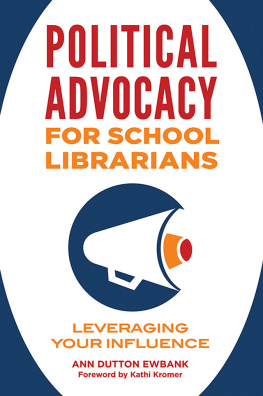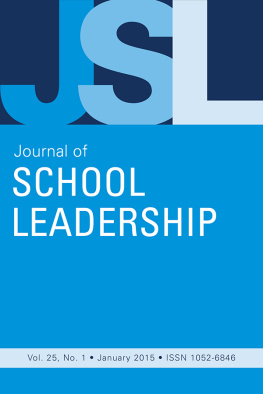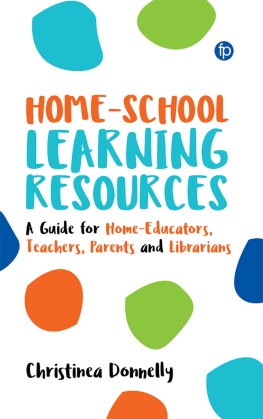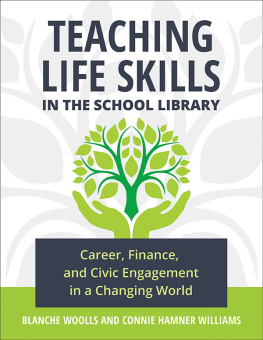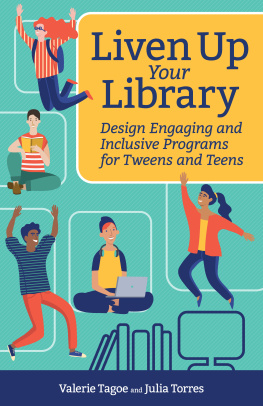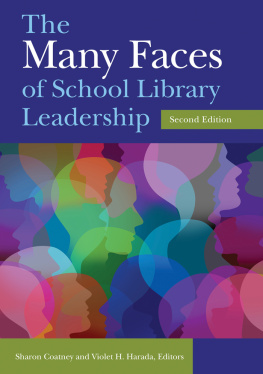SOCIAL JUSTICE
AND CULTURAL
COMPETENCY
Essential Readings for School Librarians
Marcia A. Mardis and Dianne Oberg, Editors
Co-published with The International Association of School Librarianship

Copyright 2020 by The International Association of School Librarianship
All rights reserved. No part of this publication may be reproduced, stored in a retrieval system, or transmitted, in any form or by any means, electronic, mechanical, photocopying, recording, or otherwise, except for the inclusion of brief quotations in a review, without prior permission in writing from the publisher.
Library of Congress Control Number: 2019951045
ISBN: 9781440871207 (paperback)
9781440871238 (ebook)
23 22 21 20 191 2 3 4 5
This book is also available as an eBook.
Libraries Unlimited
An Imprint of ABC-CLIO, LLC
ABC-CLIO, LLC
147 Castilian Drive
Santa Barbara, California 93117
www.abc-clio.com
This book is printed on acid-free paper 
Manufactured in the United States of America
Contents
Katy Manck
Marcia A. Mardis
Dian Walster
Deborah Lang Froggatt
Lucy Santos Green and Melissa P. Johnston
Dianne Oberg
Michelle Hudiburg, Elizabeth Mascher, and Alice Sagehorn
Kafi D. Kumasi and Renee F. Hill
Sandra Hughes-Hassell and Julie Stivers
Janice Underwood, Sue Kimmel, Danielle Hartsfield, and Gail Dickinson
Meghan Harper
Delia Neuman, Allen Grant, Vera Lee, and M. J. Tecce DeCarlo
Rita Reinsel Soulen and Lois D. Wine
Sabrina Carnesi
Marlene Asselin and Ray Doiron
Foreword
Katy Manck
What is social justice? How do we foster cultural competence in our personal lives and professional practice? How can we help our students and teachers become better global and local citizens? Social justice can be defined as the view that everyone deserves to enjoy the same economic, political and social rights, regardless of race, socioeconomic status, gender or other characteristics, according to the Education World website. The global importance of social justice for all is displayed in the 17 Sustainable Development Goals (SDGs) centering the 2030 Agenda for Sustainable Development adopted by all UN states. Of particular interest to libraries are the SDGs for quality education, gender equality, reduced inequalities, and peace, justice, and strong institutions.
The concept of cultural competence originated in the fields of social work and health services, referring to individuals and organizations that are respectful and responsive to beliefs, practices, cultural, and linguistic needs of diverse population groups (www.samhsa.gov).
Social justice and cultural competence both indicate an ongoing process of growth and progress, making them highly useful lenses for teacher librarians and library/information science educators of preservice librarians to use as they purposefully examine policies and procedures at their institutions, assess resource collections and representation of local voices, and consider their individual interactions with persons of other cultural groups.
Lessons bridging the academic subject curriculum are among the most valuable that school librarians can provide to our students and their teachersempathy, seeing the world beyond their own community, cooperation, tolerance, and more. As Kofi Annan, seventh secretary-general of the United Nations, said in his 2001 Nobel Peace Prize lecture:
People of different religions and cultures live side-by-side in almost every part of the world, and most of us have overlapping identities which unite us in very different groups. We can love what we are, without hating whatand whowe are not. We can thrive in our own tradition, even as we learn from others, and come to respect their teachings. (https://www.un.org/press/en/2001/sgsm8071.doc.htm)
When the school library is viewed as the largest classroom in the school, regardless of physical size, as I often say, it is the best place for these larger life lessons to blossom, for the social-emotional learning needed by all students and teachers to be an expected part of interactions and discussions, for all readers and listeners to experience the wider world through books as windows, mirrors, and sliding glass doors as Dr. Rudine Sims Bishop noted in 1990.
But how can a teacher librarian who grew up and was educated within a specific social and economic setting fairly and justly serve all the children and teachers who arrive at their school library from many different cultural backgrounds, family configurations, and lived experiences? Consulting lists of multicultural books or attending diversity training are just the smallest of steps toward that goal.
This is where intentional study of social justice and continuing development of cultural competence can enable teacher librarians and their fellow educators to teach and reach every child as the school community recognizes and celebrates the value of the diverse cultures gathered there.
For me, being part of the International Association of School Librarianship (IASL) has been vital in building up my cultural competence and turning my energies toward more active social justice. Ive long said that IASL exists because every child in the world deserves a qualified teacher librarian and a great school library. That means a teacher librarian working to recognize and reach all the cultures in their school through positive interactions and a windows, mirrors, and sliding glass doors school library collection reflecting the lived experience of students and staff as well as viewpoints and opinions from the world outside their neighborhood.
IASL was founded in 1971 to actively develop school librarianship, teacher librarians, and school libraries in every country of the world. Through its annual international conferences and concurrent research forums, IASL brings together practicing teacher librarians with researchers of school librarianship in an ongoing conversation aimed at educating our youth and communities for a better future through the best that our profession can offer.
To this end, IASLs peer-reviewed journal School Libraries Worldwide (SLW) has published seminal research studies, reports of action research and best practices, and targeted literature reviews since 1995 as impetus to drive school librarianship forward and upward, making them globally available to its members and through library databases.
Information seeking, reading, literacy, and instruction in research have long been topics of SLW articles, but focus on the larger social picture is emerging as school libraries become project-based learning centers, their collections are intentionally reflective of their students lived experience, and educators in the library and the classroom are urged to consider the whole student and their local cultures within the context of our global society.
Second in the International Perspectives series coproduced by IASL and Libraries Unlimited, this volume highlights research studies and recent reports published in SLW that support IASLs mission and give evidence of best practices that teacher librarians can adopt to bring these life lessons of social justice and cultural competence not only to students but also to their entire school population. Please note that this volume doesnt headline itself with diversity or multicultural because the articles and studies here go far beyond such items that we can easily mark as completed on a list as the authors challenge us to wrestle with the idea that social justice and cultural competence arent things that we can accomplishthey are journeys that we must undertake and habits of mind that we must continually cultivate.


